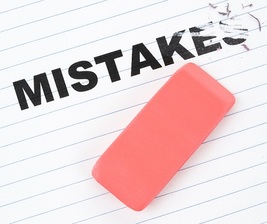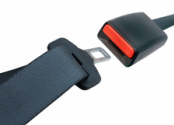We are now appearing in court via Zoom. Our clients either already know how to "Zoom In" for their court appearance, or we are training them on the application.
I don't expect that full jury trials will be conducted this way any time soon or ever. But the simple arraignment, status conferences, detention hearings, and pretrial motions are now being conducted remotely.
It will be interesting to see where we go with this once the pandemic has leveled out and we as a nation start to approach "normal." Just what "normal" will look like now is anybody's guess. Stay tuned.




 RSS Feed
RSS Feed
